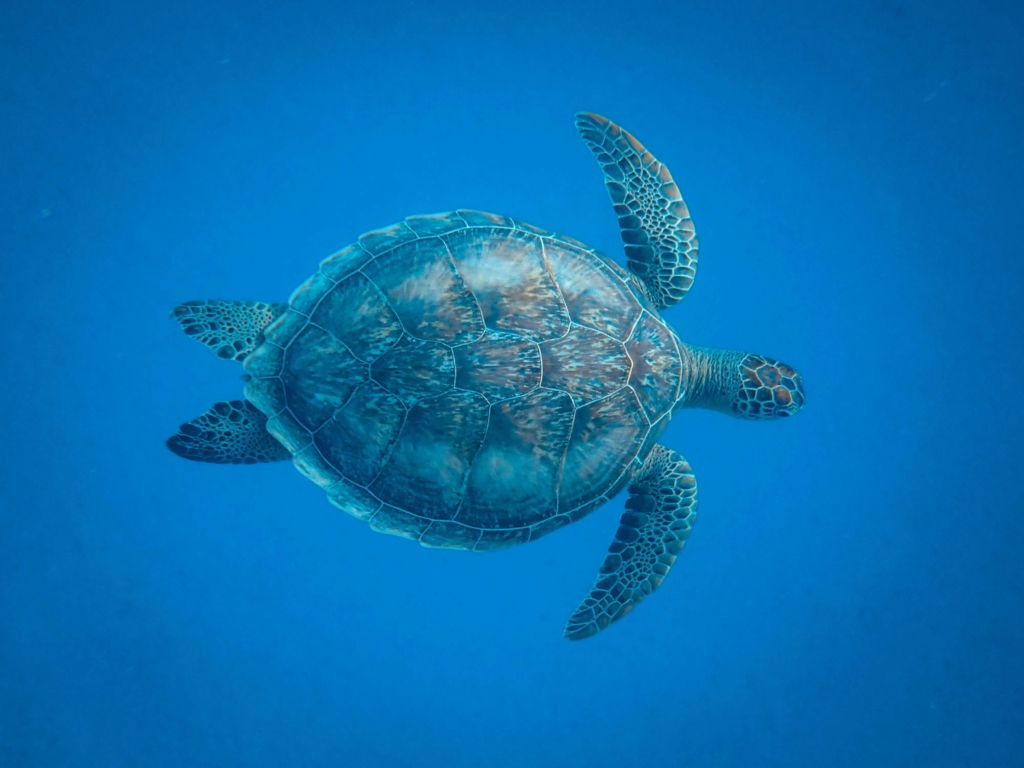Part three, the last in our series on microplastics, gives us cause for hope. Don’t miss our previous installments covering the basics about microplastic pollution and ways we’re keeping tabs on the problem.
If you’ve read our previous blogs about microplastics and how groups are keeping tabs on them, let us help you overcome that familiar all-is-lost feeling that the state of things can often bring on. Had Texas A&M graduate student Christine Figgener kept her frustration quiet, she might not have posted the viral video that caused a wave of environmental awareness and inspired the mantra “skip the straw, save a turtle.” One small act of social media posting, and a paper straw sweeps in. Sometime small acts can bring about change. And change is coming to the world of plastics.
One recent scientific headline highlights the work of a pair of scientists at the joint College of Engineering of Florida A&M University and Florida State. They have tried to crack the code on a biodegradable material that acts like plastic and leaves no trace at the end of its life. Their peer-reviewed paper touts the virtues of the new process, a direct synthesis of what’s known as a cyclic carbonate monomer.
“This is considered a breakthrough in material science, as it enables the realization of a true circular economy,” Hoyong Chung, the co-researcher, said in announcing the research.
Chung and lead researcher Arijit Ghorai are working in the research field of sustainable polymers. Sustainable polymers are materials derived from renewable, recycled, and waste carbon resources and their combinations, which at the end of life can be recycled, biodegraded, or composted. Sustainable polymers also exhibit reduced environmental impact throughout their life cycle. New sustainable polymers are finding applications in packaging, automotive parts, and 3D printing. The research is making inroads in circularity and providing alternatives to virgin plastics.
Recycling products isn’t a new idea, but recycling waste that’s clogging waterways is gaining ground. Sungai Watch and Indosole announced a collaboration to take old flipflops littering Indonesia and repurpose them into new sandals. Sungai Watch began its mission in 2020 to protect and restore Indonesia’s rivers and design simple capture systems to do so. The nonprofit’s single mission is to stop plastic from going into the ocean. Old flipflops had started to pile up when they hatched the partnership with Indosole to repurpose them.
Within the plastics recycling community in the U.S., there’s momentum building to take advantage of plastic waste’s attention-grabbing moment. At the same time that news outlets are putting retail waste management to the test, recyclers see changes on the horizon. At their annual gathering this spring, plastic recyclers heard and discussed reasons for optimism.
Data may help. Experts expect data requirements about end markets, recycled content, mass balance, bale audits, and other applications will become more common as the need for accountability rises. On opening day, one panelist offered this to his colleagues: “The answer lies within everybody here thinking about what you can do differently, how you can innovate, how you can get started.” We hope our microplastic series stimulates the continued conversation. Thanks for reading.
